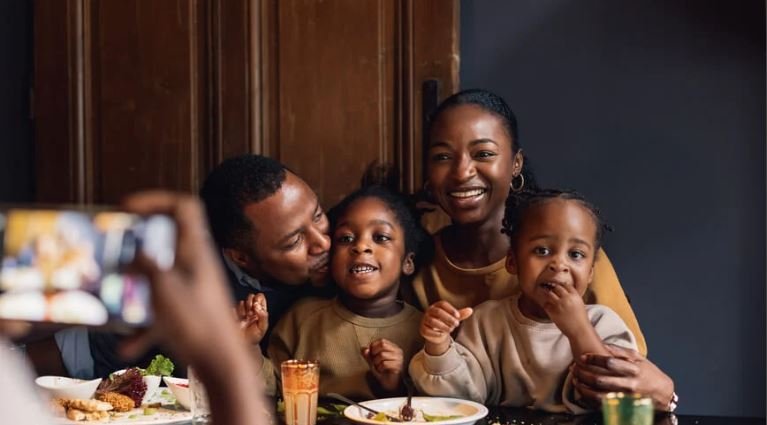Family dynamics play a crucial role in shaping individuals’ social development, influencing their values, behaviors, and relationships within and outside the family unit. This article explores the significance of family dynamics in fostering healthy development and well-being across different life stages.

1. Foundation of Identity and Values
Family dynamics provide the initial framework for individuals to develop their sense of identity and core values. From an early age, children observe familial interactions, traditions, and cultural practices that shape their beliefs about themselves and the world around them.
2. Emotional and Psychological Development
The emotional support and nurturing provided within family dynamics are essential for children’s emotional resilience and psychological well-being. Positive family relationships contribute to a sense of security, self-esteem, and ability to manage stress and adversity.
3. Socialization and Behavioral Patterns
Families serve as primary agents of socialization, teaching children social norms, manners, and communication skills. Through parental guidance and sibling interactions, individuals learn appropriate behaviors, empathy, and conflict resolution strategies that influence their interactions in broader social contexts.
4. Role Modeling and Influence
Parents and caregivers serve as role models whose behaviors, attitudes, and values significantly impact children’s development. Observing positive parental role models promotes prosocial behaviors, while negative behaviors can perpetuate cycles of dysfunction or conflict.
5. Support Systems and Resilience
Strong dynamics provide a supportive environment where individuals feel valued, understood, and encouraged to pursue their goals. Family support buffers against stressors and helps individuals develop resilience in facing life challenges and transitions.
6. Cultural and Intergenerational Transmission
Dynamics transmit cultural traditions, heritage, and intergenerational knowledge that enrich individuals’ cultural identities. Through storytelling, celebrations, and shared experiences, families preserve and pass down cultural practices that shape their members’ sense of belonging and identity.
7. Educational and Achievement Outcomes
Positive family dynamics contribute to children’s educational success and achievement by fostering a supportive learning environment, encouraging academic aspirations, and advocating for educational opportunities. Involved parents promote higher academic motivation and engagement.
8. Health and Well-being
These dynamics influence health behaviors, lifestyle choices, and access to healthcare resources. Supportive family relationships contribute to better physical health, mental well-being, and overall quality of life across the lifespan.
9. Parenting Styles and Developmental Outcomes
Different parenting styles (e.g., authoritative, permissive, authoritarian) within family dynamics shape children’s developmental outcomes, including social competence, independence, and emotional regulation. Positive parenting practices promote adaptive behaviors and positive parent-child relationships.
10. Long-term Social and Economic Impacts
These dynamics affect individuals’ social mobility, economic opportunities, and financial stability. Stable family structures and supportive relationships provide a foundation for economic security, social connections, and community engagement.
Conclusion: Nurturing Healthy Family Dynamics
In conclusion, family dynamics profoundly influence individuals’ social development, shaping their values, relationships, and life outcomes. By fostering positive communication, support, and cohesion within families, society can promote resilience, well-being, and positive social contributions across generations.
Further Resources on Family Dynamics
Explore additional resources and programs focused on promoting healthy family dynamics, parenting skills, and support services. Learn about initiatives that strengthen family relationships, enhance parenting practices, and support positive social development outcomes.



